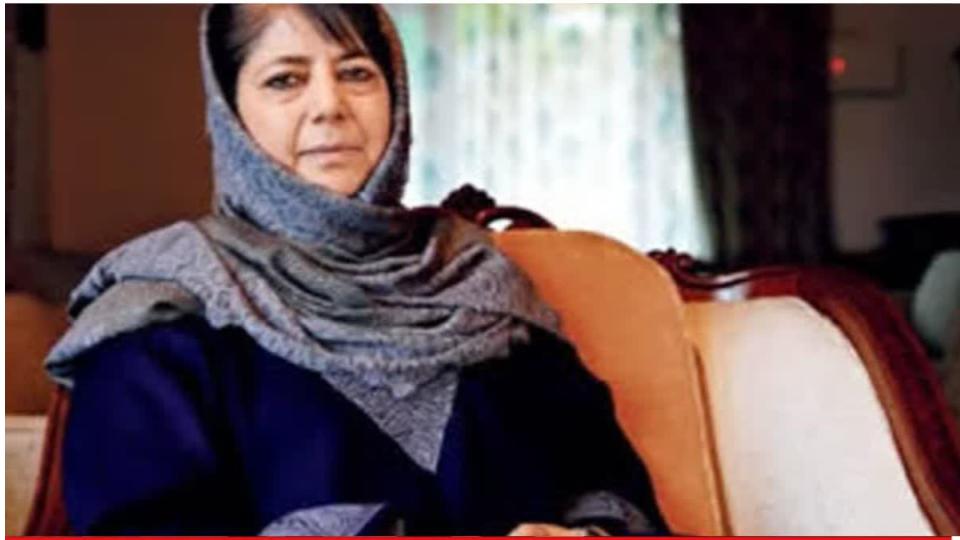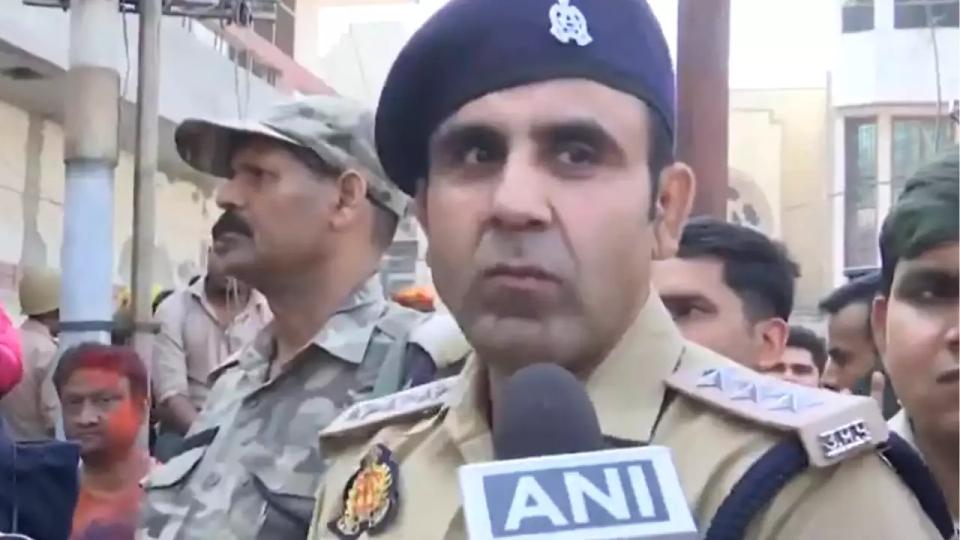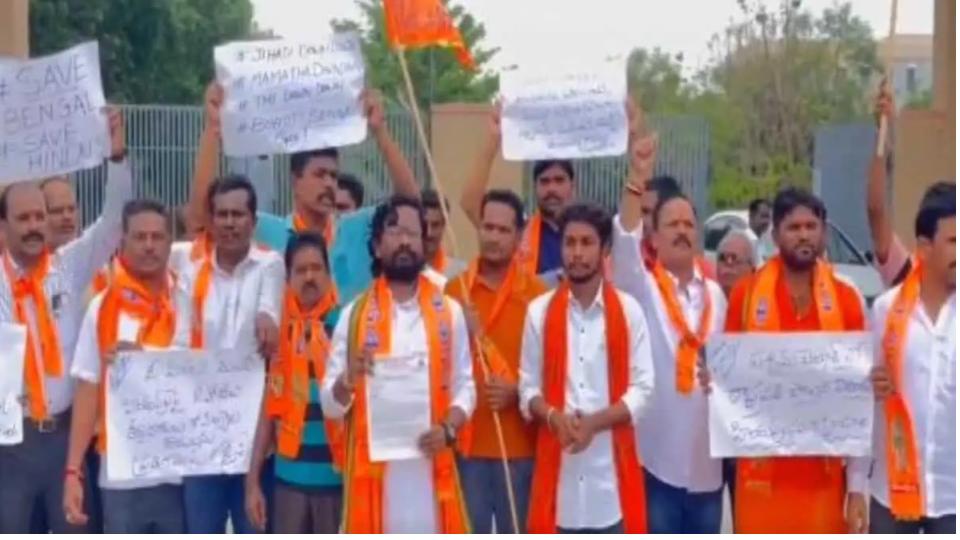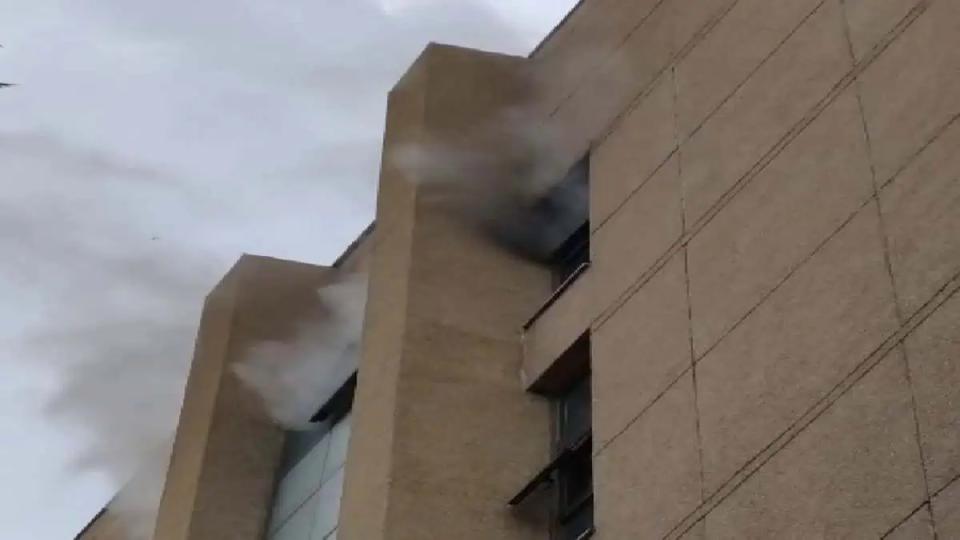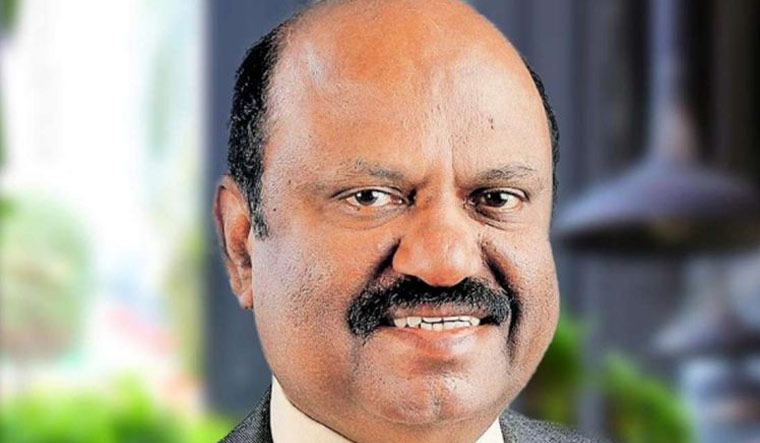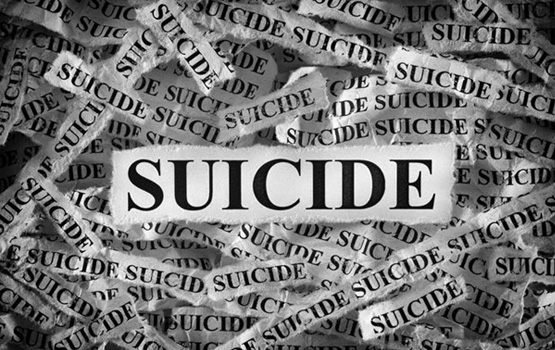Dozens dead as world leaders urge halt to Azerbaijan-Armenia clashes
Mon 28 Sep 2020, 11:02:58
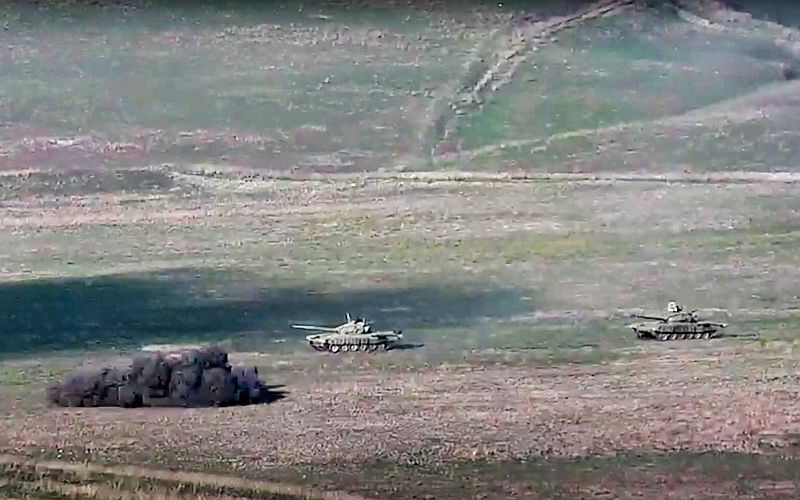
Yerevan: At least 24 people have died after deadly clashes between arch foes Armenia and Azerbaijan, as the latest violence in the decades-long territorial dispute sparked international calls on Sunday to halt the fighting.
The worst skirmishes since 2016 have raised the spectre of a fresh war between the ex-Soviet rivals, locked since the early 1990s in a stalemate over the Armenia-backed breakaway region of Nagorny Karabakh.
Seventeen Armenian separatist fighters were killed and more than 100 wounded in the fighting, Karabakh President Arayik Harutyunyan said, conceding that his forces had “lost positions”.
Both sides also reported civilian casualties.
“We are tired of Azerbaijan’s threats, we will fight to the death to resolve the problem once and for all,” Artak Bagdasaryan, 36, told AFP in Yerevan, adding that he was waiting to be conscripted into the army.
Karabakh separatists said one Armenian woman and a child were killed, while Baku said that an Azerbaijani family of five died in shelling launched by Armenian separatists.
Azerbaijan claimed it captured a strategic mountain in Karabakh that helps control transport links between Yerevan and the enclave.
Armenian defence ministry spokesman Artsrun Hovhannisyan in turn said Karabakh rebel forces killed “some 200 Azerbaijani troops and destroyed 30 enemy artillery units and 20 drones”.
Fighting between Muslim Azerbaijan and majority-Christian Armenia threatened to embroil regional players Russia and Turkey, with Armenian Prime Minister Nikol Pashinyan calling on global powers to prevent Ankara’s involvement.
“We are on the brink of a full-scale war in the South Caucasus,” Pashinyan warned.
France, Germany, Italy, and the European Union swiftly urged an “immediate ceasefire”, while Pope Francis prayed for peace.
French President Emmanuel Macron expressed his “deep concern” on Sunday, and “strongly called for an immediate end to hostilities”.
UN Secretary-General Antonio Guterres said he was also “extremely concerned” and urged the sides to stop fighting and return to talks.
The US State Department said it had contacted the two countries and called on them to “use the existing direct communication links between them to avoid further escalation”.
Russian President Vladimir Putin discussed the military flareup with Pashinyan and called for “an end to hostilities”.
But Azerbaijan’s ally Turkey blamed Yerevan for the flare-up and promised Baku its “full support”.
“The Turkish people will support our Azerbaijani brothers with all our means as always,” Turkish President Recep Tayyip Erdogan tweeted.
Karabakh President Harutyunyan said Turkey was providing mercenaries and warplanes to the fight, suggesting, “the war has already… (gone) beyond the limits of a Karabakh-Azerbaijan conflict.” Azerbaijan accused Armenian forces of violating a ceasefire, saying it had launched a counter-offensive to “ensure the safety of the population”, using tanks, artillery missiles, combat aviation and drones.
In a televised address to the nation earlier on Sunday, Azerbaijan President Ilham Aliyev vowed victory over Armenian forces.
“Our cause is just and we will win,” he said, echoing a famous quote from Soviet dictator Joseph Stalin’s address at the outbreak of World War II in Russia.
“Karabakh is Azerbaijan.”
Both Armenia and Karabakh declared martial law and military mobilisation. Azerbaijan imposed military rule and a curfew in large cities.
Armenia said
that Azerbaijan attacked civilian settlements in Nagorny Karabakh including the main city Stepanakert.
that Azerbaijan attacked civilian settlements in Nagorny Karabakh including the main city Stepanakert.
Azerbaijan’s foreign ministry said there were reports of dead and wounded. “Extensive damage has been inflicted on many homes and civilian infrastructure,” it said.
Ethnic Armenian separatists seized the Nagorny Karabakh region from Baku in a 1990s war that claimed 30,000 lives.
Talks to resolve one of the worst conflicts to emerge from the 1991 collapse of the Soviet Union have been largely stalled since a 1994 ceasefire agreement.
France, Russia and the United States have mediated peace efforts as the “Minsk Group” but the last big push for a peace deal collapsed in 2010.
“We are a step away from a large-scale war,” Olesya Vartanyan of the International Crisis Group told AFP.
“One of the main reasons for the current escalation is a lack of any proactive international mediation… for weeks.” On Sunday morning, Azerbaijan started bombing along Karabakh’s frontline including civilian targets and in Stepanakert, Karabakh’s presidency said.
The rebel defence ministry said its troops shot down four Azerbaijani helicopters and 15 drones, while Baku denied the claim.
In July, heavy clashes along the two countries’ shared border — hundreds of kilometres from Karabakh — claimed the lives of at least 17 soldiers from both sides.
During the worst recent Karabakh clashes in April 2016, around 110 people were killed.
=================================================
Judge temporarily blocks Trump admin's TikTok ban
Washington: A US federal judge has temporarily blocked President Donald Trump’s administration’s ban on the Chinese short video-making app, TikTok just hours before it was scheduled to go into effect, according to media reports.
On Sunday, Judge Carl Nichols of the US District Court for the District of Columbia, halted the ban after TikTok’s attorneys argued that Trump’s ban infringes on rights to free speech and due process, reports The Hill news website.
The ban would have forced the removal of TikTok from smartphone app stores and end app-updates, meaning no new users could download it and would eventually become non-functional.
Responding to the verdict, TikTok on Monday said it was pleased with the decision, and vowed to keep defending its rights, the BBC reported.
“We’re pleased that the court agreed with our legal arguments and issued an injunction preventing the implementation of the TikTok app ban,” the statement said.
Earlier this month, the Commerce Department had announced that TikTok downloads would be banned from September 20, and further restrictions would go into effect November 12, reports CNN.
Following the development, the Department said late Sunday that it would comply with the injunction, but adding that its order was “fully consistent with the law and promotes legitimate national security interests”.
It added that the US government intends to “vigorously defend” its order.
Sunday’s order came a week after a judge had temporarily halted Trump’s executive order to ban WeChat, a Chinese messaging, social-media and mobile-payment app.
This ban was to go into effect on September 20.
On August 6, Trump had issued the executive order banning US transactions via WeChat.
To fight for the legal rights of all WeChat users in the country, USWUA, an NGO, sued the administration for the ban.
The lawsuit opened in court on September 17.
No Comments For This Post, Be first to write a Comment.
Most viewed from International
Most viewed from World
AIMIM News
Latest Urdu News
Most Viewed
May 26, 2020
Do you think Canada-India relations will improve under New PM Mark Carney?
Latest Videos View All
Like Us
Home
About Us
Advertise With Us
All Polls
Epaper Archives
Privacy Policy
Contact Us
Download Etemaad App
© 2025 Etemaad Daily News, All Rights Reserved.

.jpg)






.jpg)
.jpg)


.jpg)
.jpg)
.jpg)
.jpg)
.jpg)
.jpg)
